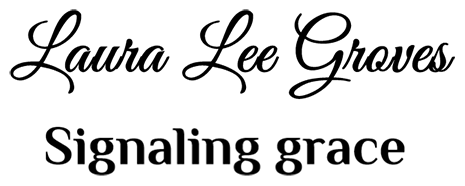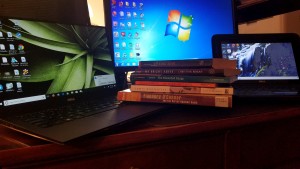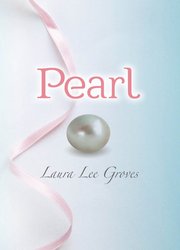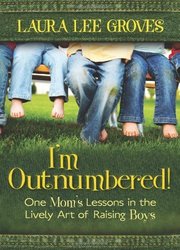4 Questions for Your Attention
So much information, so little time.
We’re saturated with information today. How do we take it all in? What do we do with it?
On the heels of our nation’s birthday, how does all this information affect what kind of citizens we will be? As believers, just what should be our attitude toward knowledge?
Attention, Knowledge, and Citizenship
Megan Garber of The Atlantic quotes Tim Wu, a law professor at Columbia Law School and the author of the book The Attention Merchants, as saying, “Frankly, citizenship in our time is about how you spend your attention.”
The media landscape today vies for our attention, but much of it is pure distraction. Garber makes the point that we’re used to considering citizenship as an action – vote, rally, protest; that it is, but today, she writes, Wu reminds us that citizenship is more:
“Now, Wu suggests, there’s an even more basic requirement of good citizenship: to be strategic about the things on which we agree to expend that most precious of resources—our attention. Yes, protest; yes, make phone calls; yes, march; yes, of course, vote; that will be far less meaningful, however, unless it is undergirded by those even more foundational activities: learning. Looking. Seeing. Prioritizing. Distinguishing between that which is urgent, and that which is the opposite. Thinking, always—even when the “news” of the day is nonsense, and indeed especially when it is that—of what is truly worthy of being talked about and cared about. And what, given the severe limitations of the American attention span, is not.
Thinking, always, of what is truly worthy of being talked about and cared about and especially what is not. A clear call for media literacy and digital citizenship, I’d say.
Is a posture of learning a posture of worship?
I ran across a meme that said, “A posture of learning is a posture of worship.” It certainly can be; the question is, What are we worshiping? What are we spending our time on?
How should we pursue knowledge?
John Milton spoke to this very conundrum in 1667 in Paradise Lost. The angel, Raphael, was sent to enlighten Adam “as friend with friend”:
“But Knowledge is as food, and needs no less
Her temperance over appetite to know
In measure what the mind may well contain,
Oppresses else with surfeit, and soon turns
Wisdom to folly, as nourishment to wind” (VII.125-130).
We have an appetite for knowledge just as we do for food. We must exercise “temperance over appetite” – considering how much to take in. If we sate ourselves with surfeit – that is, if we gorge with excess – wisdom will turn to folly just as nourishment results in nothing but “wind.”
Just what knowledge should we pursue? Milton writes that the angel Raphael will give Adam the knowledge that “best may serve to glorify the Maker” (VII.115-116).
So, about those 4 questions. Consider these.
How do we spend our attention?
Do we spend time thinking of what is truly worthy of being talked about and what is not?
Do we exercise temperance over our appetite for knowledge?
Do we concern ourselves with what best may glorify the Maker?







Let’s Connect Here!
Click the icons to go to my social media profiles and let's get connected.